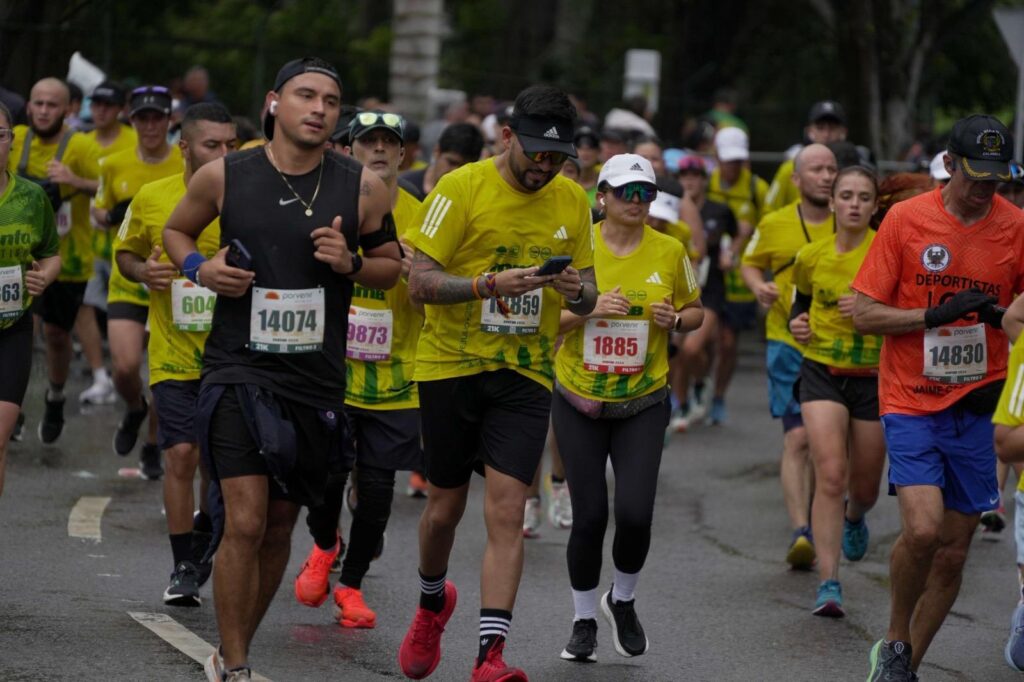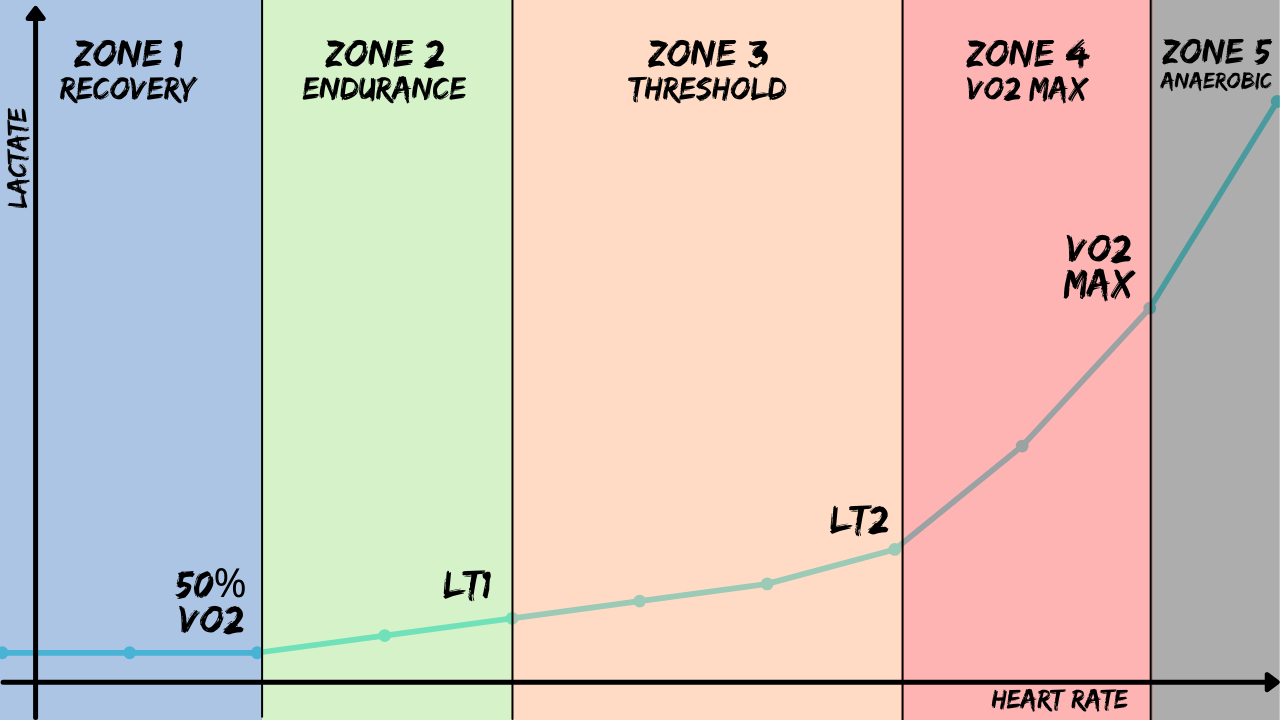
Running is much more than a sport; it’s a way of life that teaches you to appreciate the little things, push your limits, and value every moment. People run for many reasons: to train, relieve stress, take in the scenery, listen to music, or even enjoy a good podcast. Whatever your reason, running creates a unique connection with yourself and the world around you.
An Accessible Sport for Everyone
Running is a simple and accessible sport. You don’t need much to get started: proper running shoes, comfortable clothing, and the desire to move. Additionally, the rise of the running community has given birth to running clubs that not only motivate you to stay consistent but also help you achieve your goals while building new friendships.
I’ve had the opportunity to join a few running clubs, and it’s been an enriching experience. One of my favorites is the Broward Running Society, a group where everyone is welcome, regardless of their level or pace. It’s inspiring to see how consistency is encouraged and how the friendships formed in the group grow stronger, even outside the sport.
Competitions: A World of Challenges
Running offers a variety of competitions based on distance:
- 5K and 10K: Short and fast races where you give it your all in a short amount of time. Despite their shorter distances, they require maximum effort and strategy.
- Half Marathon (21K): The focus here shifts to endurance. It’s essential to pace yourself and manage your energy to reach the finish line.
- Full Marathon (42K) and Ultramarathons: These are true physical and mental challenges where preparation is crucial.
Each of these distances has unique demands and requires proper training to avoid injuries. If you’re considering participating in a half marathon or longer race, I recommend seeking a coach to guide you. This will allow you to enjoy the experience while preventing issues like dehydration, extreme fatigue, or cramps.
Preparation and Key Strategies
Running isn’t just about putting one foot in front of the other—it involves strategy, planning, training, and nutrition. Here are some key tips for each stage:
Before the Race:
- Proper Training: Prepare with progressive training, combining long runs with recovery sessions.
- Right Gear: Wear running-specific shoes and breathable clothing.
- Pre-Race Nutrition: Eat complex carbohydrates the night before to boost your energy reserves.
During the Race:
- Pace Yourself: Avoid overexertion at the start; save energy for the final stretch.
- Hydration and Gels: In long races, drink water or sports drinks and use energy gels every 45 minutes to avoid fatigue.
- Monitor Your Body: Use a sports watch to track your heart rate and ensure you’re running in the right zone.
After the Race:
- Active Recovery: Do light stretching to prevent injuries.
- Post-Race Nutrition: Include protein and carbohydrates in your meal to repair muscles and replenish energy.
- Rest: Prioritize sleep to allow your body to recover fully.
Heart Rate Zones: A Runner’s Ally
Many runners use sports watches to monitor their heart rate and optimize performance. Here are the main zones:

- Zone 1 (Recovery): Ideal for warm-ups and cool-downs; relaxed and easy pace.
- Zone 2 (Aerobic): Great for building endurance; a comfortable pace where you can hold a conversation.
- Zone 3 (Threshold): Moderate to intense pace; improves aerobic capacity.
- Zone 4 (Anaerobic): High intensity; useful for speed training.
- Zone 5 (Maximum Effort): Extreme pace; sustainable only for short bursts.
The Mental and Emotional Impact of Running
Beyond physical benefits, running is a mental and emotional challenge. In long-distance races, moments of doubt often arise when continuing feels impossible. However, crossing the finish line is a transformative experience. It fills you with pride, confidence, and a sense of accomplishment that goes beyond the sport. It’s a reminder that if you can overcome that challenge, you can achieve anything in life.
Running as a Community
One of the most beautiful aspects of running is its ability to bring people together. Running clubs provide support, motivation, and a sense of belonging. The friendships formed in these communities are deep, and together, members celebrate achievements, overcome challenges, and create unforgettable memories.
Conclusion: Take the First Step
Running is more than a sport—it’s a lifestyle that invites you to discover yourself, challenge your limits, and unlock your full potential. It doesn’t matter if you run fast or slow; what matters is taking the first step. Join the running community and discover a world full of possibilities!
